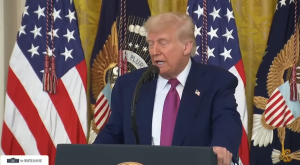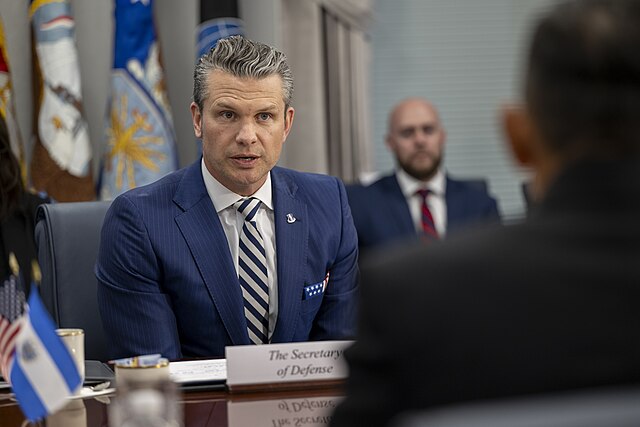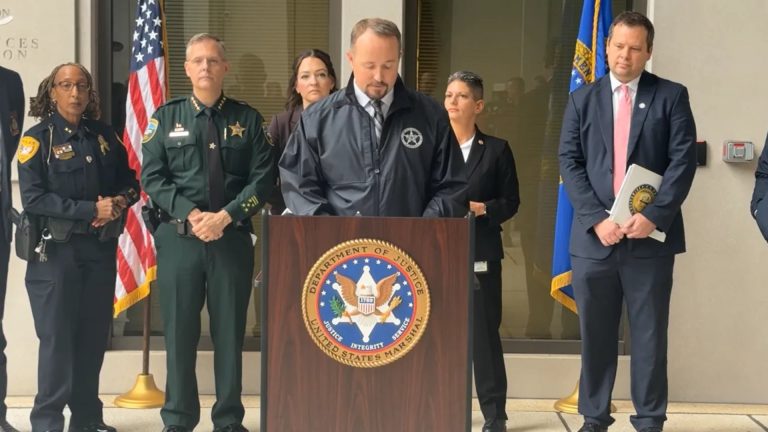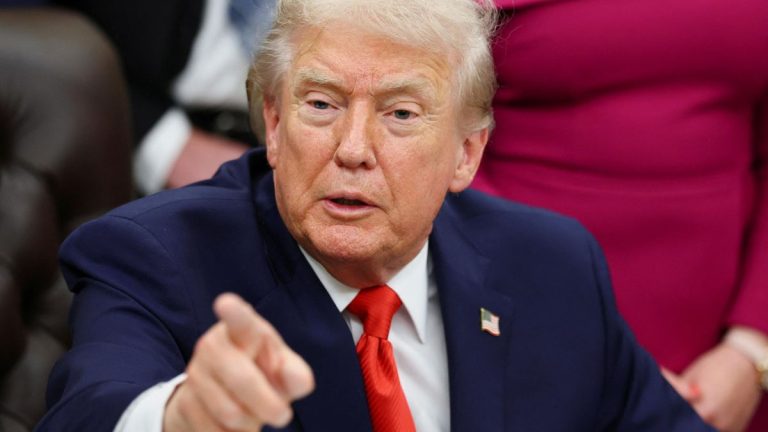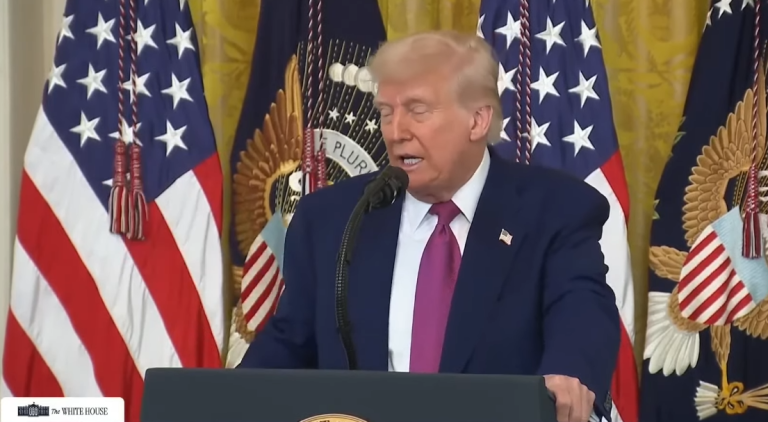In recent weeks, the federal government has taken an extraordinary step to address the mounting crisis within the immigration court system. Facing an unprecedented shortage of immigration judges and a record-breaking case backlog, the Department of Justice (DOJ) formally requested assistance from the Pentagon. In response, Defense Secretary Pete Hegseth authorized the temporary reassignment of up to 600 military attorneys—commonly known as Judge Advocates (JAGs)—to serve as immigration judges. The measure is designed to offer short-term relief, but it has sparked heated debate over both its legality and its implications for due process.
The situation in the nation’s immigration courts has grown dire. More than 100 sitting judges have resigned or been dismissed in recent months, leaving only about 600 judges on the bench nationwide. At the same time, the backlog of cases has swelled to nearly 3.5 million, leaving many migrants waiting years for hearings and outcomes. Critics argue that the court system is approaching a breaking point, and the administration has been under pressure to find solutions that could ease the strain.
The Pentagon’s plan envisions deploying the military attorneys in waves. Groups of approximately 150 lawyers are expected to be reassigned to the DOJ in the coming weeks, with the first deployments beginning as soon as practicable. Each assignment is set for a period of up to 179 days, though the policy memo allows for extensions if needed. If implemented fully, the plan would nearly double the number of immigration judges, at least temporarily.
Supporters of the initiative describe it as a pragmatic response to an emergency. Administration officials argue that while military attorneys may not specialize in immigration law, they are trained legal professionals capable of handling complex cases and adapting quickly to new subject areas. In their view, the temporary appointments are a necessary stopgap measure to prevent the already overloaded court system from collapsing entirely.
Yet the plan has drawn swift and sharp criticism from immigration advocates, legal scholars, and professional associations. Ben Johnson, executive director of the American Immigration Lawyers Association, expressed serious concerns about the competency of military attorneys in this context, comparing the situation to “asking a cardiologist to perform orthopedic surgery.” For Johnson and others, the analogy underscores the central issue: immigration law is an exceptionally specialized field, and inexperience could lead to profound consequences for asylum seekers and other migrants whose cases are already fraught with high stakes.
Former immigration judges have also sounded the alarm. Jennifer Peyton, who once served as a supervising immigration judge, questioned whether even highly skilled military lawyers could realistically handle the punishing caseloads and complex standards typical of immigration proceedings. According to Peyton, the risk is not only slower adjudication but also a heightened likelihood of errors that could unjustly alter the lives of migrants and their families.
The criticisms extend beyond questions of competence. Legal experts have raised alarms about the potential clash between this initiative and the Posse Comitatus Act, a law that limits the role of the military in domestic law enforcement. While the act has traditionally been interpreted to apply to direct law enforcement activities, assigning military personnel to adjudicate civilian immigration cases pushes into a legal gray area. Pentagon officials have not yet clarified how they will navigate this potential conflict or how the move might affect the military justice system itself.
Training is another concern. Reports indicate that the military attorneys tapped for this duty will undergo only about two weeks of training before taking on their new roles. By contrast, immigration judges typically undergo months of classroom and on-the-job training, coupled with years of professional experience in the field. Critics argue that the abbreviated training process is insufficient preparation for cases that often involve life-or-death consequences, such as asylum claims from individuals fleeing persecution or violence.
The broader implications of the move have also come under scrutiny. Civil-military relations scholars warn that using military personnel in civilian judicial functions risks blurring important institutional boundaries. Traditionally, judicial independence has been regarded as a cornerstone of the American legal system. By drawing heavily on military resources to fill civilian judicial roles, some fear the administration is setting a precedent that could erode public trust in the impartiality of immigration courts.
The administration, however, insists that the initiative will remain temporary and that the underlying shortage of judges must still be addressed through traditional means. Officials at the DOJ have reiterated their commitment to hiring and training more full-time immigration judges, while acknowledging that such efforts will take considerable time. For the moment, the reassignment of military attorneys is being framed as a stopgap measure intended to stabilize the system.
Reactions from the legal community remain mixed. Some argue that while the concerns are legitimate, the severity of the backlog justifies extraordinary measures. Others counter that the long-term costs—in terms of fairness, legality, and judicial independence—far outweigh any short-term gains. The debate has also spilled into Congress, where lawmakers are divided along predictable partisan lines. Supporters of the administration applaud the boldness of the move, while opponents describe it as reckless and potentially unlawful.
At its core, the controversy highlights the deep challenges facing the U.S. immigration system. With millions of cases pending and resources stretched thin, policymakers are grappling with difficult choices. The reassignment of military attorneys represents one of the most dramatic interventions to date, but it remains unclear whether it will meaningfully alleviate the crisis or merely add new complications.
For migrants waiting for their cases to be heard, the stakes could not be higher. Every decision made in immigration court can determine whether a person remains in the United States, faces deportation, or secures protection from persecution. For this reason, the qualifications and preparedness of the judges presiding over these cases matter profoundly. Critics warn that rushing military attorneys into these roles risks undermining the fairness of proceedings and eroding public confidence in the system.
As the first groups of military attorneys prepare to assume their new roles, all eyes will be on how the plan unfolds in practice. Will the reassigned lawyers prove able to manage the caseloads effectively and fairly? Will the courts see any meaningful reduction in backlog? Or will the critics’ fears of missteps and injustices be realized? These questions will define the next phase of the immigration debate.
Ultimately, the decision to deploy 600 military attorneys as temporary immigration judges is a striking reminder of the severity of the crisis and the extraordinary measures being considered to confront it. Whether it proves to be an effective solution or a controversial misstep remains to be seen. What is certain, however, is that the move has placed immigration policy and the integrity of the judicial process at the center of a national debate that is unlikely to subside anytime soon.

James Jenkins is a celebrated Pulitzer Prize-winning author whose work has reshaped the way readers think about social justice and human rights in America. Raised in Atlanta, Georgia, James grew up in a community that instilled in him both resilience and a strong sense of responsibility toward others. After studying political science and creative writing at Howard University, he worked as a journalist covering civil rights issues before dedicating himself fully to fiction. His novels are known for their sharp, empathetic portraits of marginalized communities and for weaving personal stories with broader political realities. Jenkins’s breakout novel, Shadows of Freedom, won national acclaim for its unflinching look at systemic inequality, while his more recent works explore themes of identity, resilience, and the fight for dignity in the face of oppression. Beyond his novels, James is an active public speaker, lecturing at universities and participating in nonprofit initiatives that support literacy and community empowerment. He believes that storytelling is a way to preserve history and inspire change. When not writing, James enjoys jazz music, mentoring young writers, and traveling with his family to explore cultures and stories around the world.


